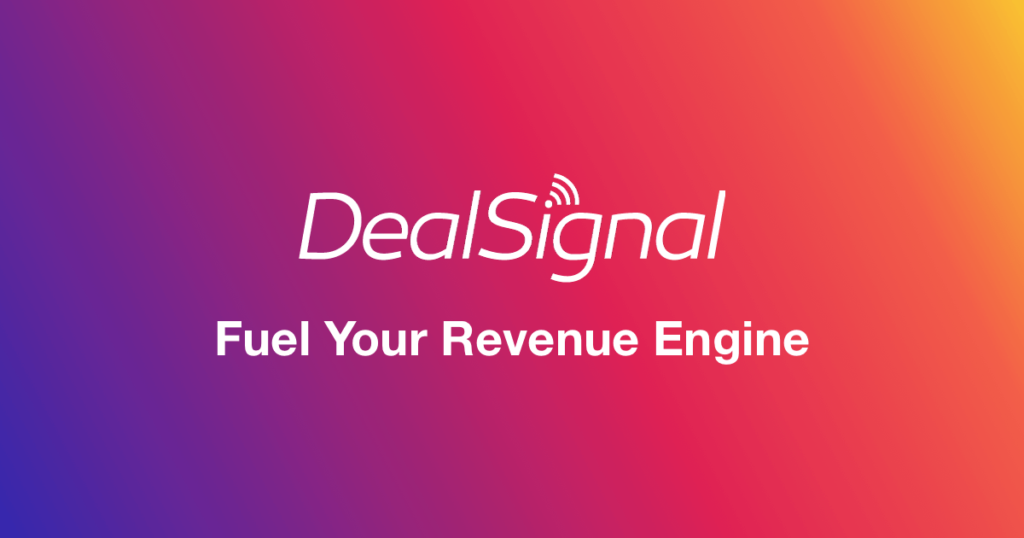Referral Marketing is a strategy in which businesses encourage their existing customers, clients, or users to refer new customers to their products or services. This approach leverages the power of word-of-mouth recommendations and personal connections to attract and acquire new customers. Typically, referral marketing programs include incentives or rewards for both the referring customer and the new customer, creating a mutually beneficial scenario that drives growth and fosters customer loyalty.
Referral Marketing is a cost-effective and powerful strategy for acquiring new customers and expanding a business’s reach. By harnessing the trust and influence of existing customers, businesses can benefit from high-quality leads, increased conversion rates, and a more engaged customer base. It capitalizes on the natural inclination of people to trust recommendations from those they know, leading to more effective and credible customer acquisition.
Key Aspects:
- Referral Incentives: Offering rewards or incentives to encourage existing customers to refer new leads. These can include discounts, gift cards, cash bonuses, or other benefits for both the referrer and the new customer.
- Program Design: Creating a structured referral program with clear guidelines and easy-to-use mechanisms for customers to make referrals. This includes setting up referral links, tracking systems, and communication channels.
- Promotion: Actively promote the referral program through various channels such as email campaigns, social media, website banners, and in-app notifications to ensure customers are aware of the opportunity.
- Tracking and Analytics: Monitoring the performance of the referral program to track referrals, conversions, and the effectiveness of incentives. Analytics help in understanding which referral sources are most effective and how to optimize the program.
- Customer Engagement: Engaging with both referring and referred customers to ensure they have a positive experience with the referral program and the company’s products or services.
- Feedback Loop: Collecting feedback from participants to continually improve the referral program and address any issues or challenges.
Benefits:
- Cost-Effective: Referral marketing often results in lower customer acquisition costs compared to traditional advertising and marketing methods.
- Higher Conversion Rates: Referrals typically have higher conversion rates because they come with a built-in level of trust and endorsement.
- Improved Customer Loyalty: Rewarding customers for their referrals can increase loyalty and engagement, as they feel valued and recognized.
- Enhanced Brand Reputation: Positive word-of-mouth and referrals can enhance a company’s reputation and establish it as a trusted provider.
- Scalable Growth: Referral marketing programs can be scaled up easily as the business grows, allowing for ongoing expansion and customer acquisition.
Overall, Referral Marketing is an effective and influential strategy that leverages existing customer relationships to drive new business. By creating compelling referral programs and rewarding advocacy, businesses can foster growth, build brand loyalty, and enhance their market presence through trusted recommendations.
« Back to Glossary Index



